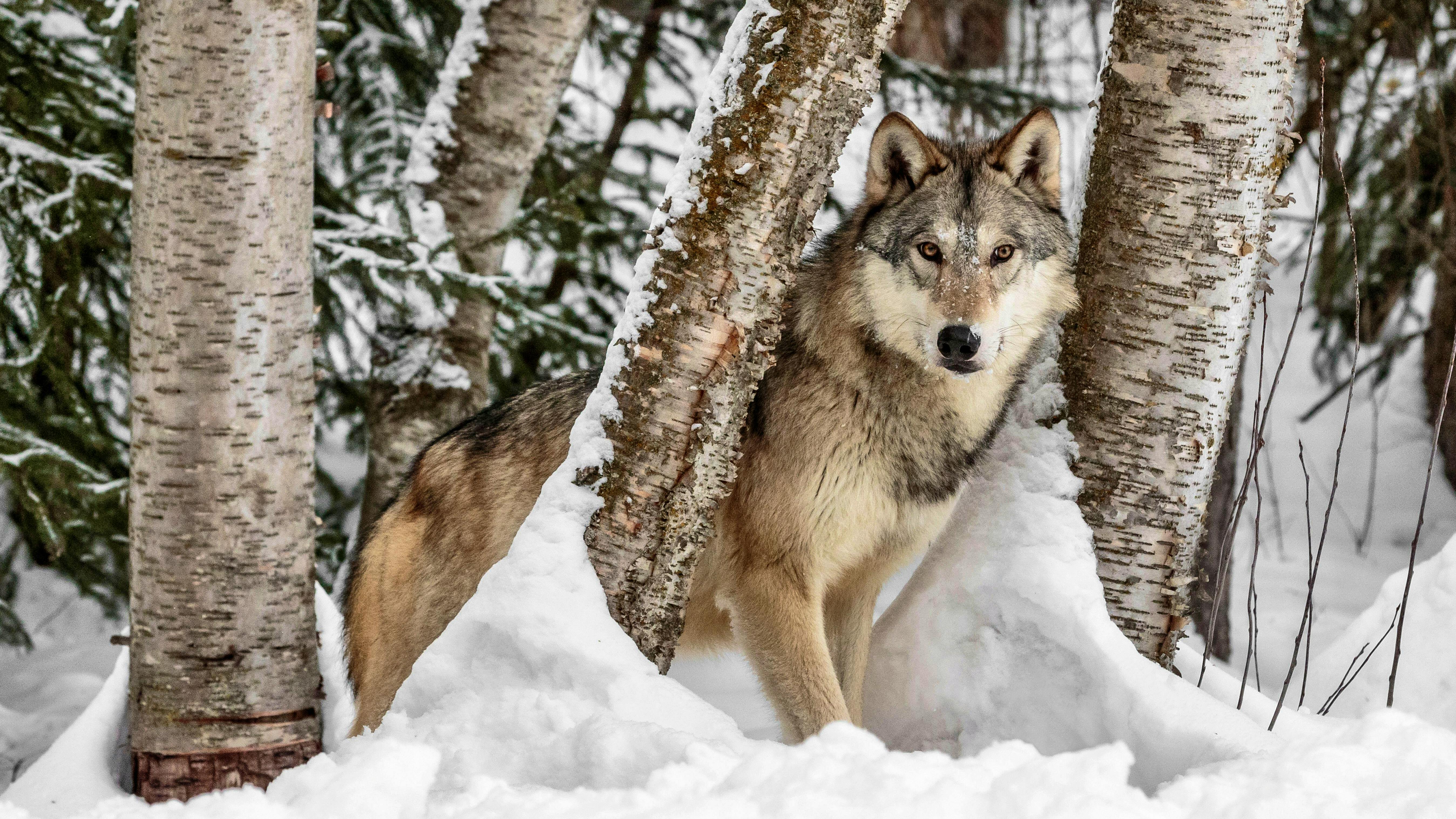If confirmed, a climate skeptic could be the head of the nation’s Justice Department. What does that mean for wildlife and public lands?
As President-elect Trump’s cabinet nominees undergo confirmation, many of these positions can and will have a direct effect on our continued conservation work. The Attorney General is often overlooked when it comes to wildlife conservation and environmental protection, but the person who serves in this position has a critical role in the enforcement of our federal environmental and natural resource laws. The Attorney General oversees the U.S. Department of Justice and within that department the Environment and Natural Resources Division (ENRD). The attorneys within ENRD are responsible for defending our federal lands, waters, and wildlife.
For example, attorneys within ENRD are responsible for civil and criminal cases arising under fish and wildlife conservation laws, including the Endangered Species Act (ESA). This work includes litigation over which species should be listed as threatened or endangered under the ESA, how listed species are managed and other litigation addressing species protection and resource development in federal agency decision-making. Justice Department attorneys also oversee litigation involving our federal public lands which can range from entire ecosystems, such as the Nation’s most significant sub-tropical wetlands (the Florida Everglades) and the Nation’s largest rainforest (Tongass National Forest in Alaska), to individual rangelands or wildlife refuges.
The Attorney General, through the ENRD and United States Attorneys’ Offices across the country, is also responsible for prosecuting international wildlife trafficking crimes, under the ESA and other federal wildlife statutes. In fact, on February 11, 2015, the Presidential Task Force on Wildlife Trafficking issued the Implementation Plan for the National Strategy for Combating Wildlife Trafficking, an intra-agency group, including the United States Attorneys’ Office overseen by the Attorney General, charged with developing a government-wide strategy for fighting poaching and other wildlife trafficking. Wildlife trafficking has become an international crisis that is decimating many species worldwide and threatens iconic species such as rhinoceroses, elephants and tigers with extinction.
Learn more about the Defenders work in combating wildlife trafficking here.
Why should you care?
The Trump Administration’s Attorney General will play a central role in the enforcement of our federal wildlife and environmental laws over the next four years. The policies and decisions of the Attorney General will have a direct impact on the protection of endangered and threatened species, our national forests and wildlife refuges, and efforts to combat climate change.
Here are 10 things to know about climate change as we head into a new administration for the next four years.
Nominee: Jeff Sessions (Senator, Alabama) 
Senator Sessions’ record on climate change and support of legislation to weaken federal environmental laws including the Endangered Species Act suggests that as Attorney General he will undermine efforts to address climate change and weaken enforcement of federal laws to protect endangered and threatened species.
In our 2015 Conservation Report Card, Senator Sessions voted against us in all 11 key votes including legislation that would undermine citizen enforcement of the ESA, selling off America’s public lands, and preventing action on climate change.
In fact, in a 2015 hearing while questioning the U.S. Environmental Protection Agency’s Administrator, Gina McCarthy, Sessions said, “Carbon pollution is CO2, and that’s really not a pollutant; that’s a plant food, and it doesn’t harm anybody except that it might include temperature increases.” This disregard for science, combined with President-elect Trump’s own climate skepticism, puts wildlife and our wild lands at risk
Senator Session’s record demonstrates a disregard for protecting wildlife and public lands. Defenders of Wildlife will hold him accountable to protect and enforce the ESA and other environmental laws that will impact wildlife and habitat.






Follow Defenders of Wildlife
facebook twitter instagram youtube tiktok threads